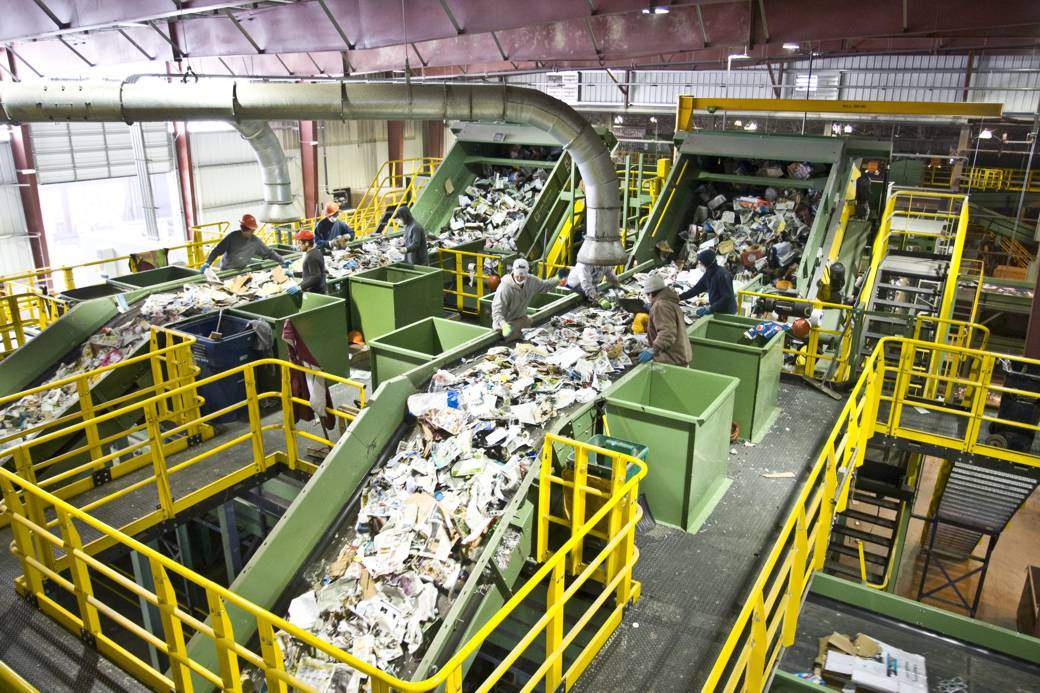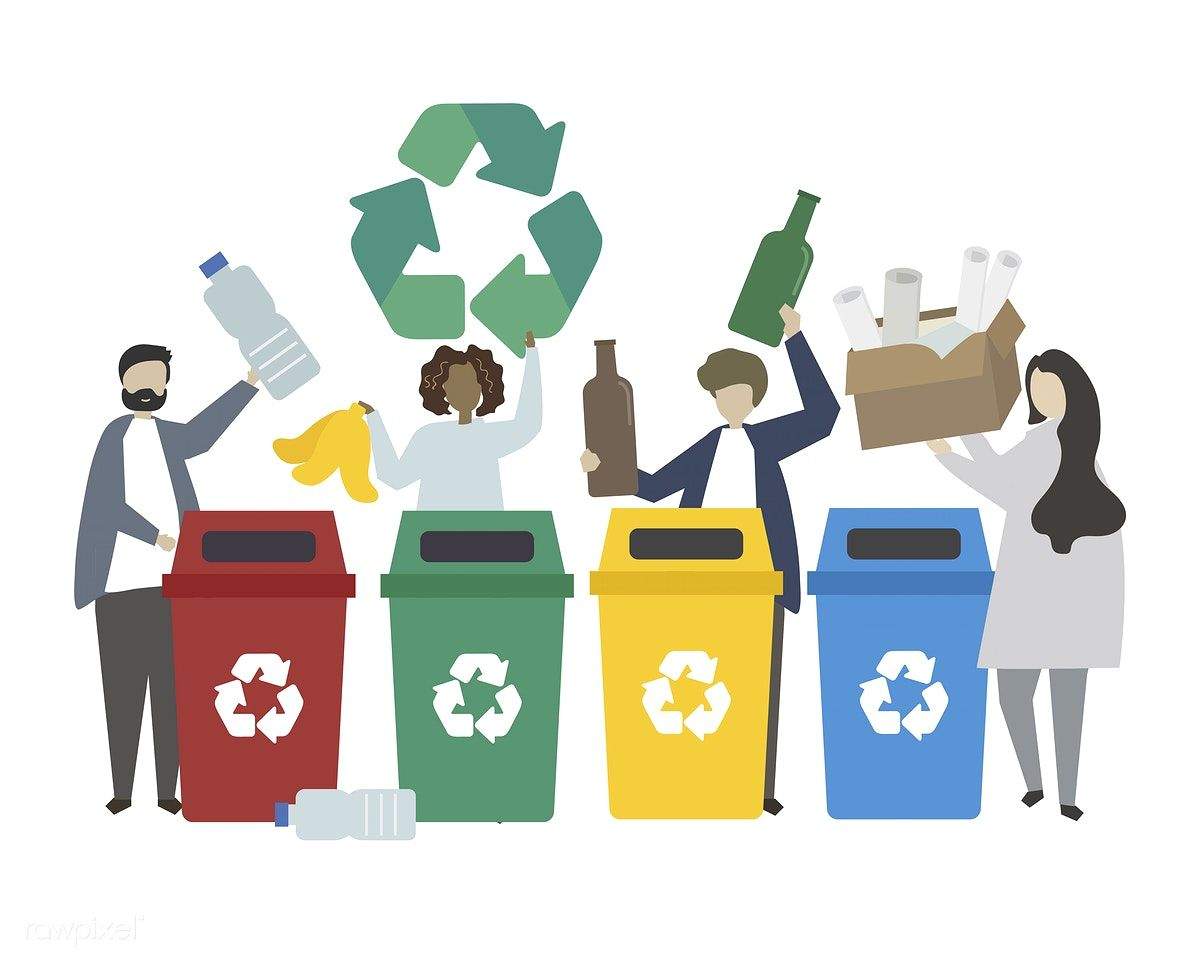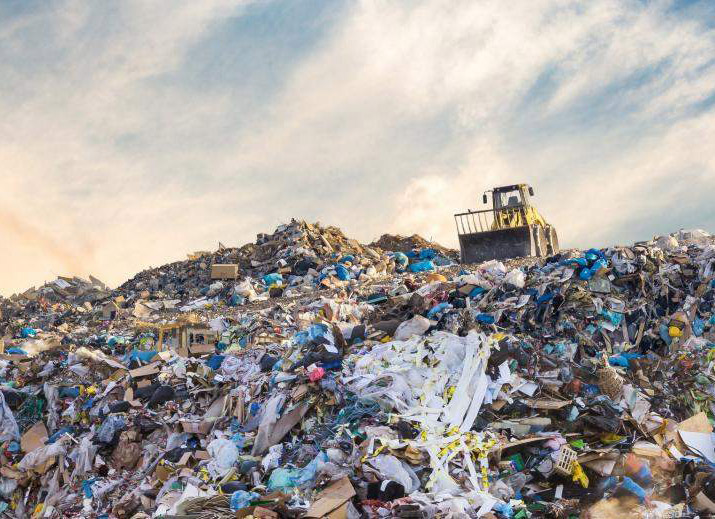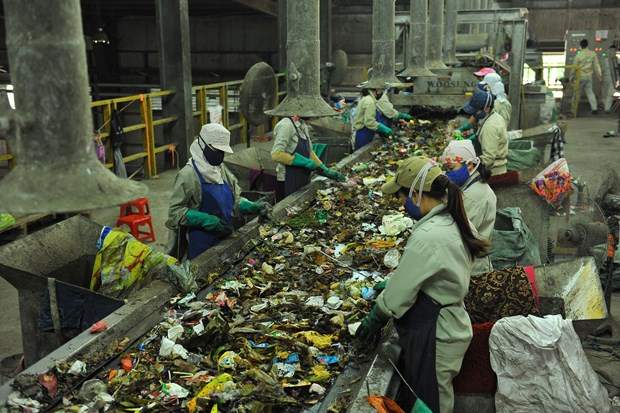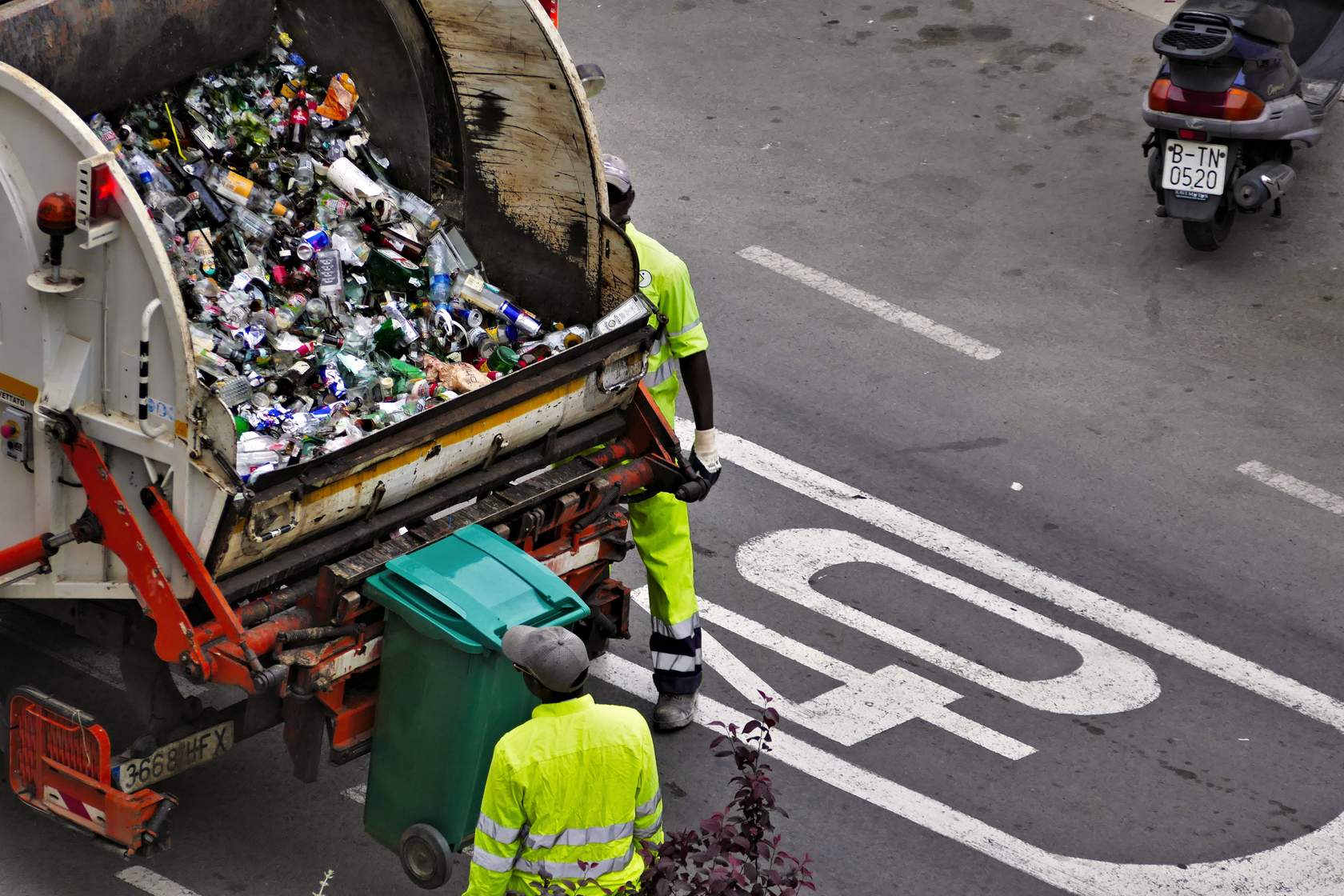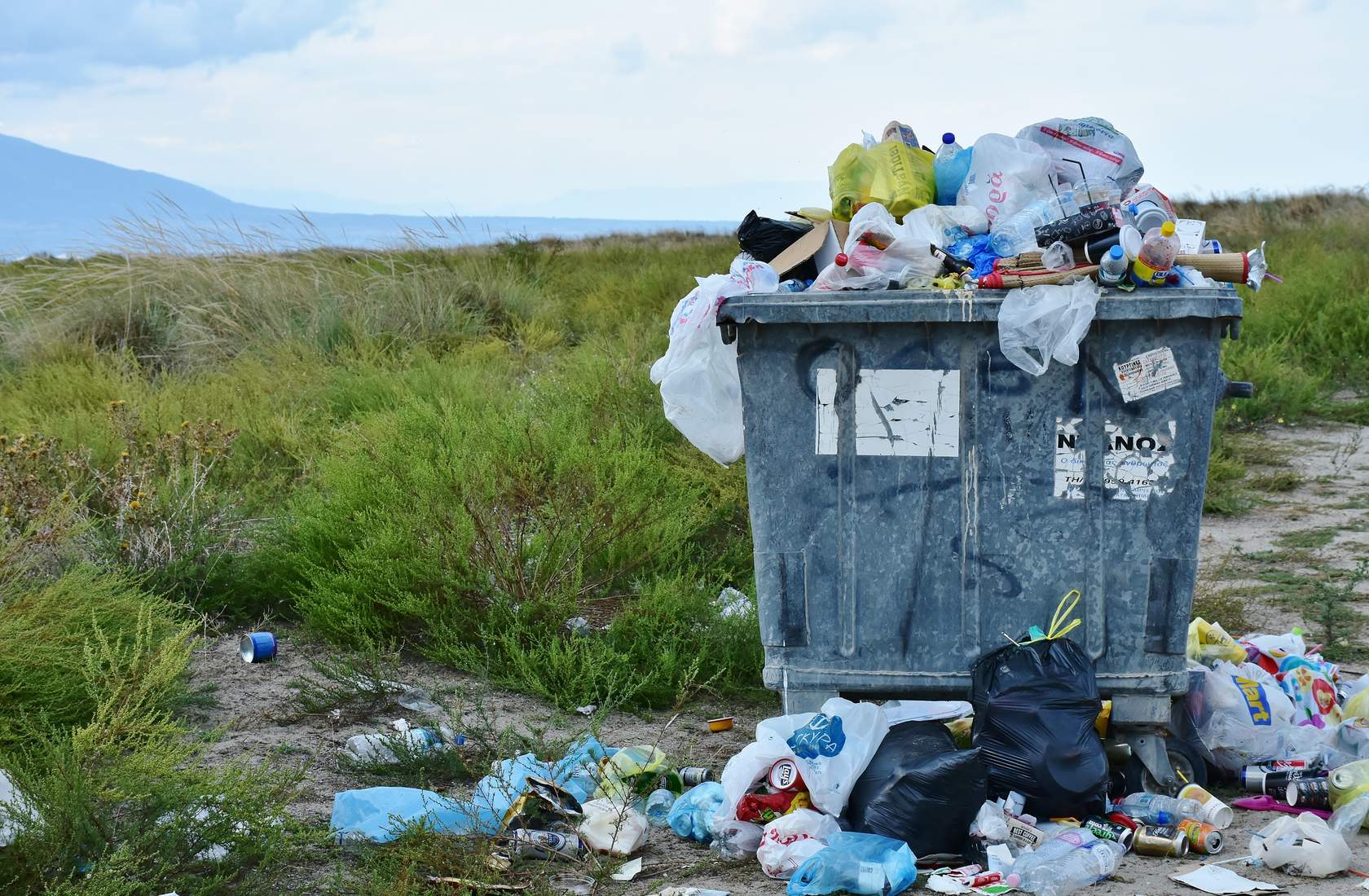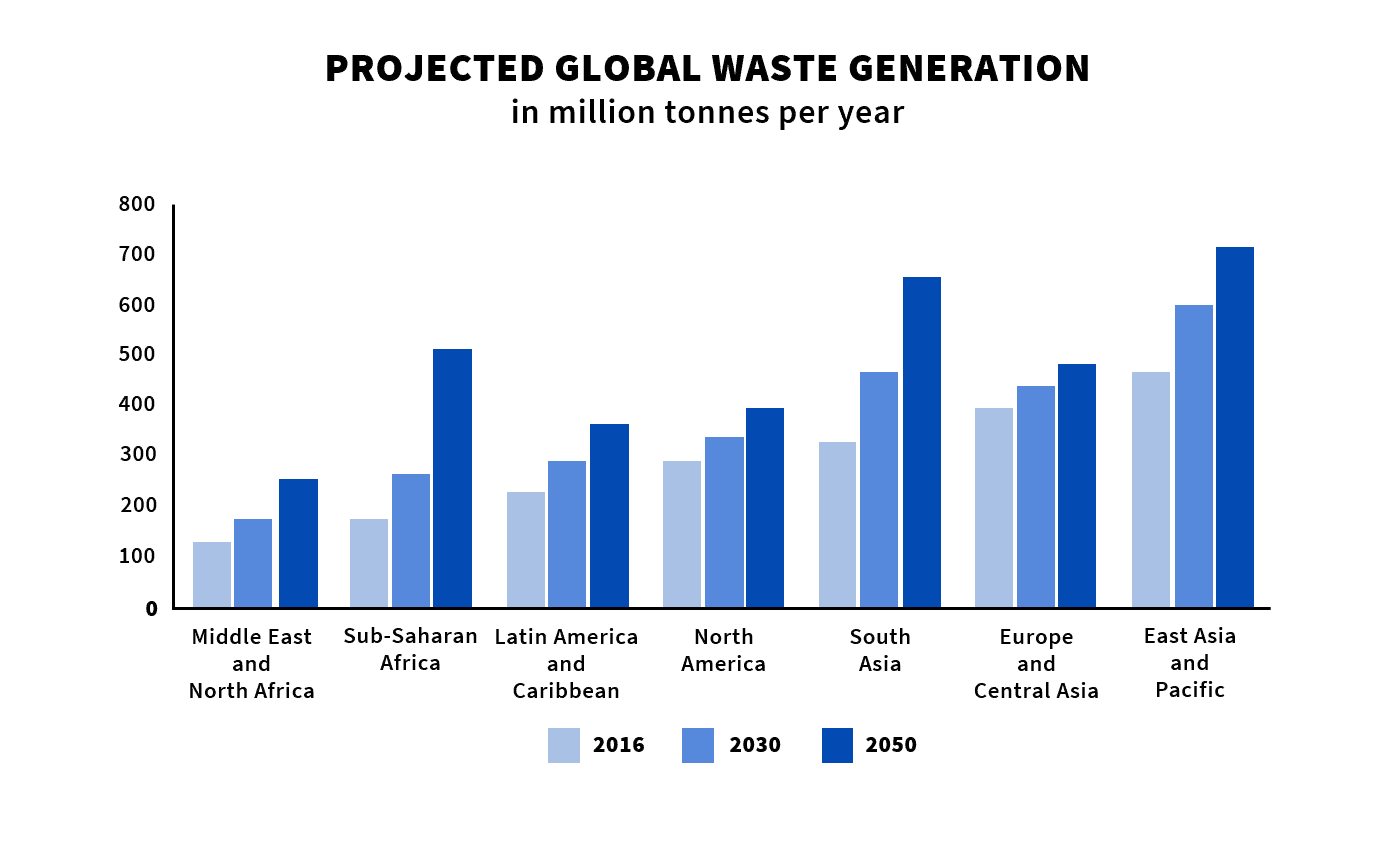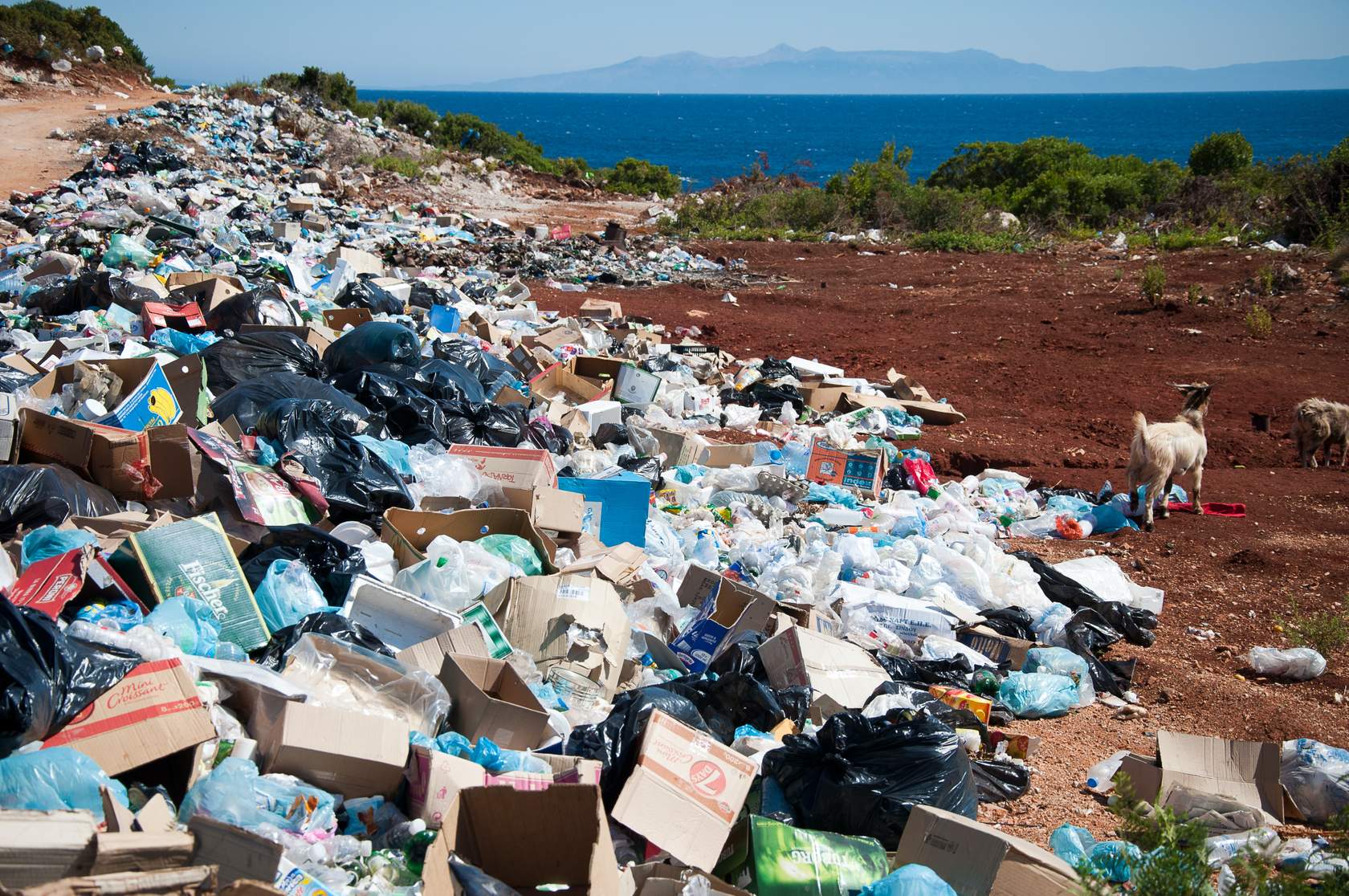
Progress 0%
Ridding the world of unnecessary packaging: Nohbo with Benjamin Stern
World's first land-based coral farm: Coral Vita with Sam Teicher
Climate-resilient agriculture: The Cacao Project with Louise Mabulo
Cleaning up floating ocean plastics: The Ocean CleanUp with Boyan Slat
Eliminating the idea of waste: TerraCycle with Tom Szaky
A circular model for second-hand clothing: FabricAID with Omar Itani
Planting trees, one goal at a time: Trees4Goals with Lesein Mutunkei
Exchanging waste for plants: Eco Star with Fatemah Alzelzela
Innovative technology to reduce rice waste: Rice Inc with Kisum Chan

Fatemah Alzelzela
Age when she came up with the solution: 22
Location: Kuwait City, State of Kuwait
Fatemah grew up in the State of Kuwait and graduated from high school at the Maria Coptic School in Zahra before enrolling at the American University of the Middle East in Egaila. In her early twenties, Fatemah became dismayed by her country’s disdain for the environment in several respects: lack of functioning green areas; air pollution problems; and most of all, lack of recycling. Kuwait generates twice the global average of trash per person and recycles only 10% of it. The 90% of waste goes to 18 ever-growing landfills. There was no culture for sorting and recycling trash, and no government waste-oriented data.

"Young people and young women should be given more chances to make decisions, be creative and find solutions. We can all take action and inspire others to take action on a bigger scale. It will take patience, but I know we can make it happen"

Fatemah Alzelzela's solution: Eco Star
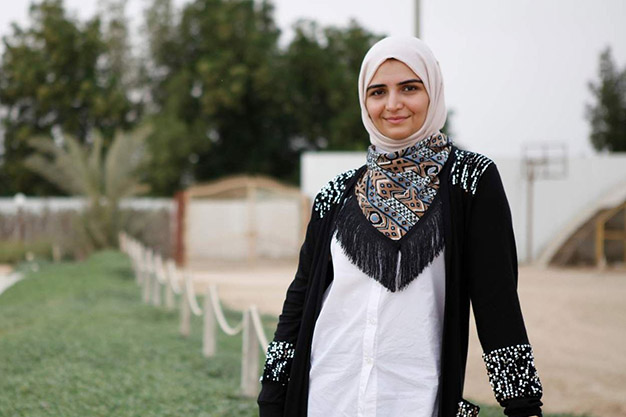
In early 2019, at 22 years old, Fatemah used her own cash as start-up capital to launch Eco Star, a non-profit recycling initiative that exchanges tree seedlings and plants - donated by Messila Agricultural Contracting Company - for rubbish from homes, restaurants, schools and businesses.
Photo Source: UNEP
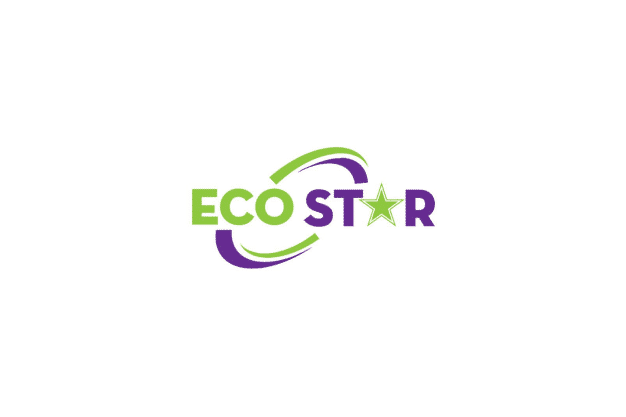
In two years, she has built a following of 20,000 consumers through her social media platforms, especially Instagram, while educating them about the positive impact of recycling and “going green”. Eco Star has already recycled 3.5 tonnes of plastic, 10 tonnes of paper and 120 tonnes of metal.
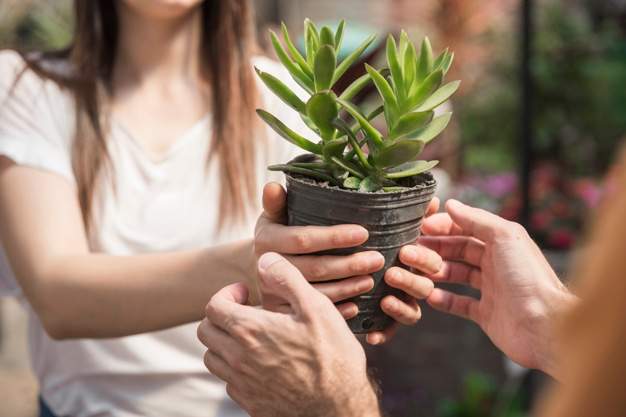
In 2020, Fatemah was the West Asia winner of the “Young Champions of the Earth” prize, the United Nations Environment Program (UNEP)’s leading initiative designed to “breathe life into the ambitions of brilliant young environmentalists”, which includes $10,000 in seed funding, training, and tailored mentoring, plus a platform to share the winners’ journeys through interviews and online media.
Do you have questions?
Ask The Earth Prize Mentors!
Key Concepts

Other change-makers addressing waste pollution
See more

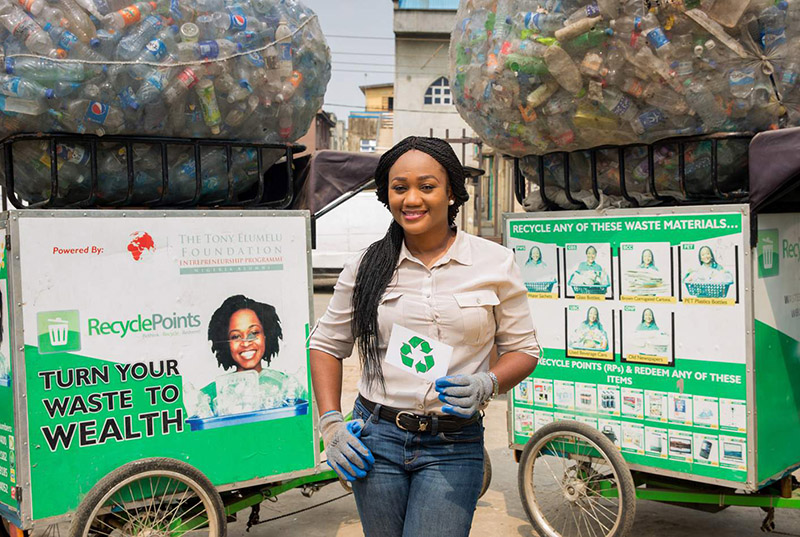
RecyclePoints (Nigeria)
See more

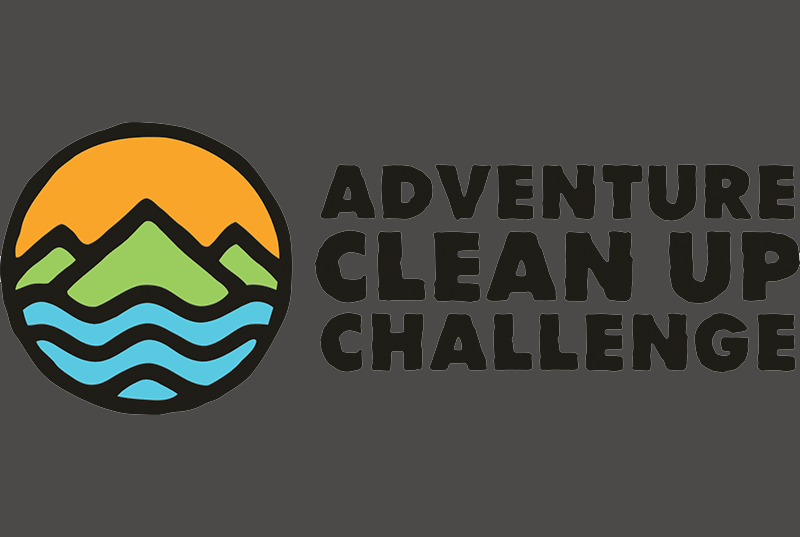
Adventure Clean Up Challenge (Hong Kong)
Do you have questions?
Ask The Earth Prize Mentors!
THIS WEBSITE USES COOKIES
We use cookies to provide you with the best possible experience. They also allow us to analyze user behavior in order to constantly improve the website for you. You can read more about our and .

